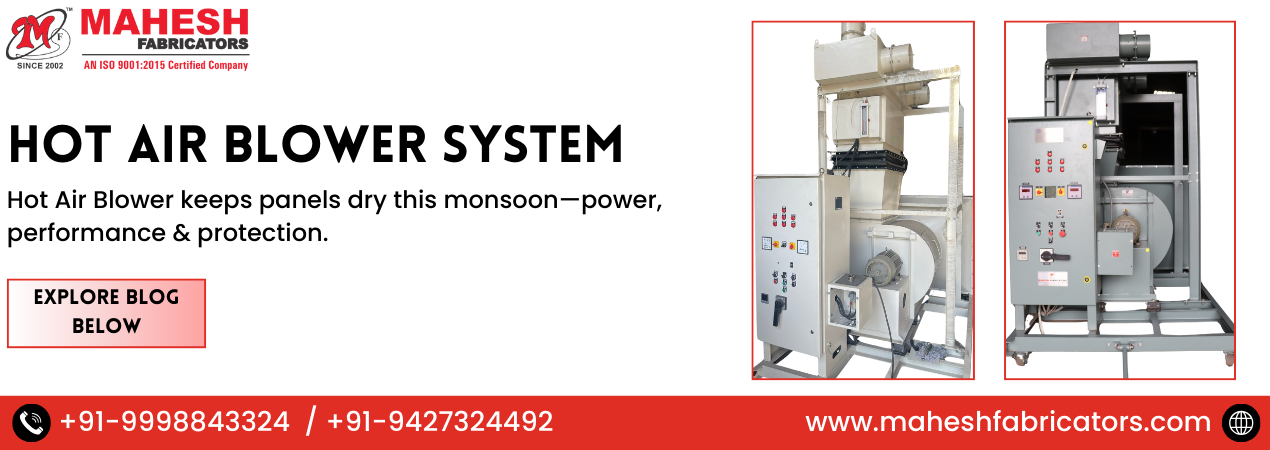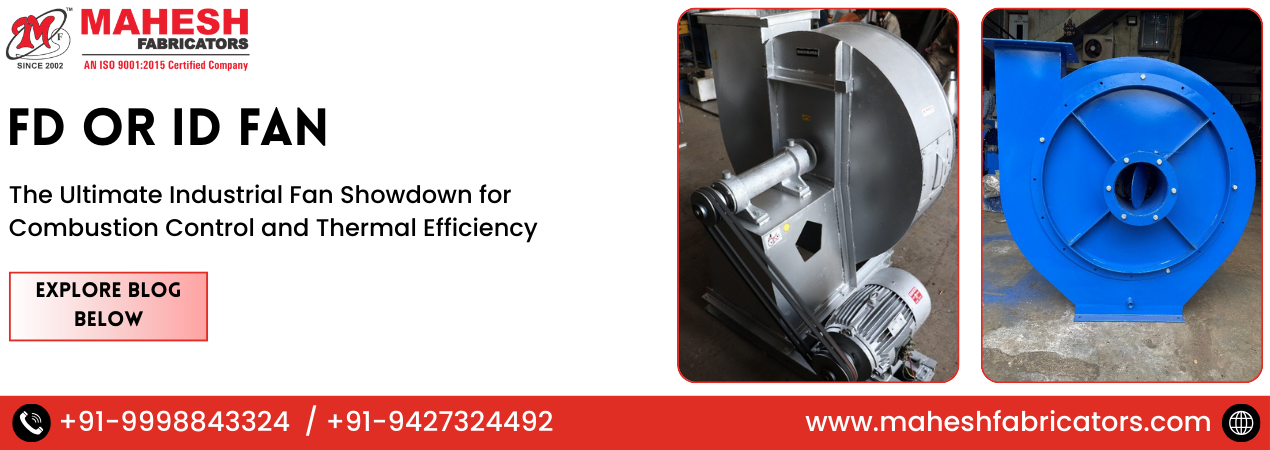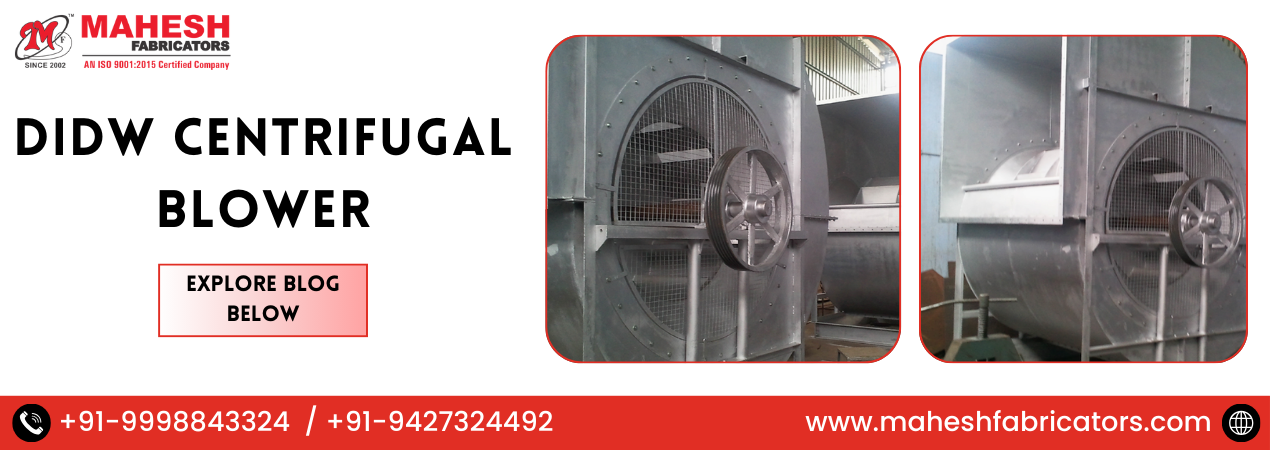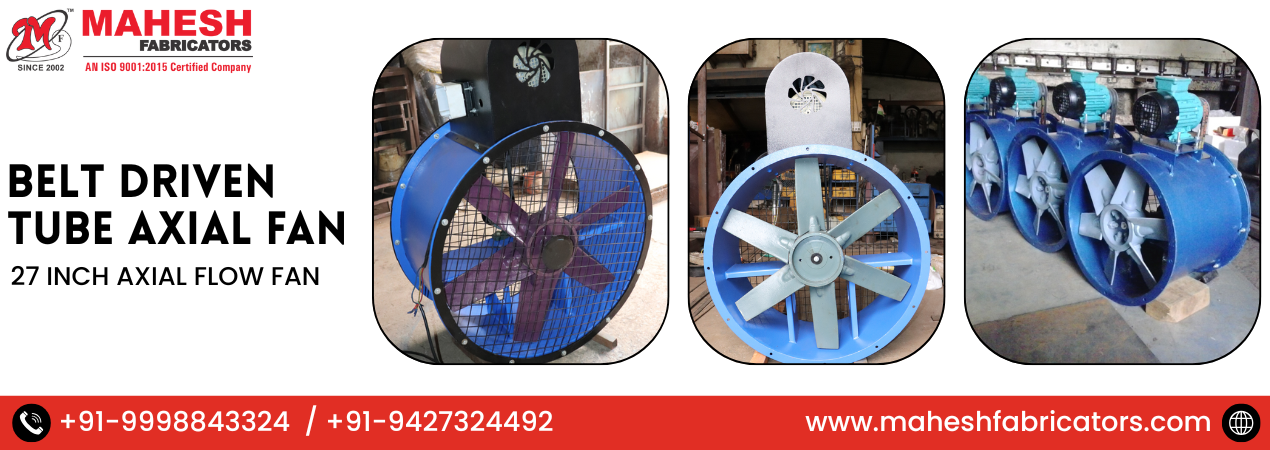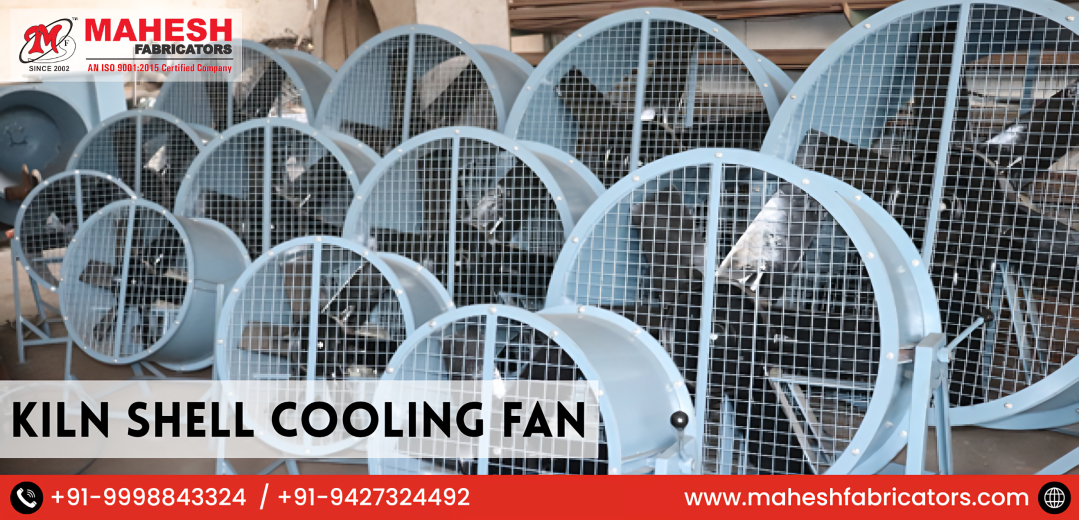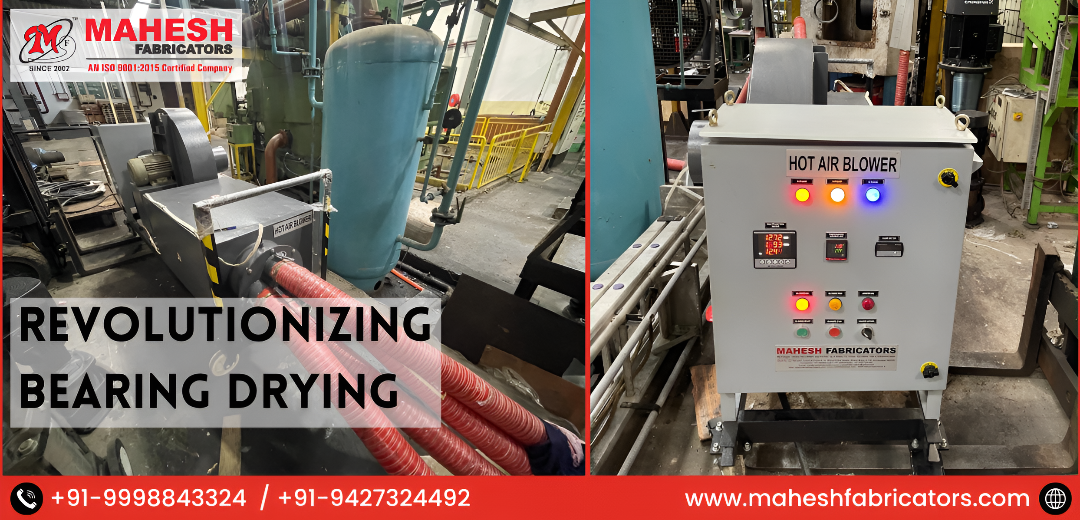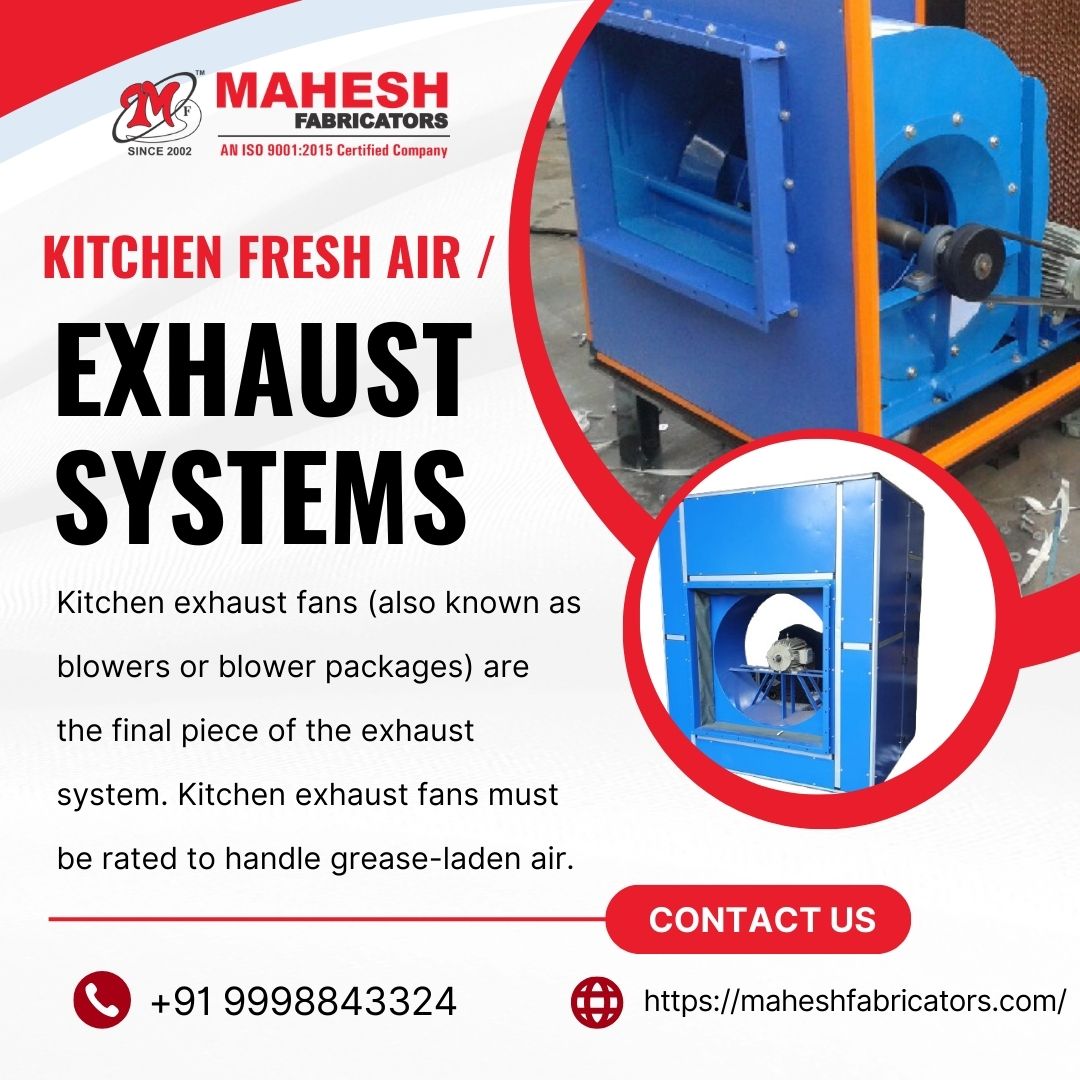
Introduction to Industrial Exhaust Systems in Ethiopia
An industrial exhaust system is a crucial component in many manufacturing and processing plants. Its primary purpose is to remove harmful gases, particles, and odors from industrial environments, ensuring that the workplace is safe and compliant with environmental regulations. Whether in Ethiopia or globally, an efficient industrial exhaust system enhances air quality, boosts energy efficiency, and reduces environmental impacts.
As a leading industrial exhaust system manufacturer in Ethiopia, we provide high-quality solutions tailored to the specific needs of various industries, including manufacturing, food processing, mining, textiles, and more. These systems are designed to meet regulatory standards while improving workplace safety and productivity.
Key Features
-
Efficient Air Filtration:
-
Industrial exhaust systems are equipped with advanced filtration technologies such as HEPA filters, activated carbon filters, and electrostatic precipitators to capture fine dust particles, toxic gases, and volatile organic compounds (VOCs). This ensures cleaner air quality within facilities.
-
-
Customizable Design:
-
Each industrial exhaust system is designed to meet the specific needs of the client. This includes considering factors such as facility size, airflow requirements, and the types of pollutants to be removed.
-
-
Durability and Reliability:
-
Manufactured using high-quality materials such as stainless steel and carbon steel, industrial exhaust systems are built to withstand harsh industrial conditions. These materials ensure longevity and consistent performance over time.
-
-
Energy Efficiency:
-
Modern exhaust systems are designed with energy-saving technologies, such as variable frequency drives (VFDs) and optimized fan motors, which help reduce energy consumption while maintaining high airflow.
-
-
Compliance with Regulations:
-
Exhaust systems are built to comply with both local and international environmental and safety regulations. In Ethiopia, we ensure that our systems adhere to environmental guidelines set by local authorities.
-
-
Low Maintenance:
-
Designed for minimal maintenance, these systems feature easy-to-access parts, and routine checks or repairs can be performed quickly to avoid prolonged downtime.
-
-
Noise Reduction Features:
-
Industrial exhaust systems are designed to operate quietly, reducing noise pollution within the workplace. Noise-dampening technologies like silencers and sound enclosures ensure a quieter working environment.
-
-
Remote Monitoring:
-
Some advanced exhaust systems offer remote monitoring capabilities, allowing operators to track system performance and efficiency, identify potential issues, and schedule maintenance when necessary.
-
Applications
-
Manufacturing Plants:
-
Metalworking: In industries like welding, grinding, and machining, exhaust systems capture metal fumes and particles, preventing them from accumulating in the air and harming workers.
-
Chemical Processing: Industrial exhaust systems remove toxic fumes, vapors, and gases that result from the production of chemicals, protecting both workers and the surrounding environment.
-
-
Food Processing:
-
Exhaust systems in food processing plants help eliminate odors and steam, especially in industries like baking, canning, and drying. Proper ventilation ensures that the plant is safe and sanitary.
-
-
Textile Manufacturing:
-
In textile plants, exhaust systems are vital in controlling air quality by removing airborne fibers, dust, and chemicals from the air, ensuring worker safety and compliance with environmental standards.
-
-
Mining and Quarrying:
-
In the mining industry, exhaust systems help remove harmful dust and fumes generated during mining operations, ensuring a safer working environment and improving the overall air quality.
-
-
Automotive Industry:
-
Paint Booths: Industrial exhaust systems are essential in paint shops, where they remove fumes, overspray, and chemical vapors produced during the painting and coating process.
-
Engine Testing: Exhaust systems also play a role in engine testing facilities by capturing and venting exhaust gases safely.
-
-
Pharmaceutical Manufacturing:
-
In pharmaceutical plants, exhaust systems remove hazardous airborne chemicals, ensuring compliance with strict health and safety regulations and maintaining a clean manufacturing environment.
-
-
Waste Management:
-
Industrial exhaust systems play a significant role in controlling odors and gases emitted during waste processing and landfill operations.
-
FAQ
1. What is an industrial exhaust system?
An industrial exhaust system is designed to remove harmful gases, particulates, and pollutants from the air within industrial environments. These systems use fans, ducts, and filters to capture contaminants and direct them away from the workplace, improving air quality and ensuring compliance with environmental regulations.
2. How do I know if my facility needs an industrial exhaust system?
If your facility produces hazardous fumes, smoke, dust, or chemicals as part of your manufacturing or processing operations, an industrial exhaust system is essential. It helps to maintain air quality, comply with local regulations, and safeguard the health of your employees.
3. What are the benefits of installing an industrial exhaust system?
-
Improved Air Quality: Removes harmful contaminants, creating a safer work environment.
-
Regulatory Compliance: Helps businesses comply with local and international air quality standards.
-
Increased Productivity: Reduces worker health risks, leading to fewer sick days and improved overall productivity.
-
Energy Efficiency: Many modern systems come with energy-saving features that reduce operational costs.
4. What types of pollutants do industrial exhaust systems remove?
Industrial exhaust systems are designed to capture a wide range of pollutants, including:
-
Dust and particulates from manufacturing processes
-
Toxic gases and vapors, such as volatile organic compounds (VOCs)
-
Fumes from welding, cutting, and other metalworking processes
-
Odors from food processing, chemical plants, and other industries
-
Steam and moisture in food processing or production lines
5. How often does an industrial exhaust system require maintenance?
Maintenance frequency depends on the systemís usage, but generally, industrial exhaust systems require minimal maintenance. Regular checks on filters, fans, and ducts are necessary to ensure optimal performance. You should also schedule annual inspections and cleanings.
6. Can industrial exhaust systems be customized to suit specific needs?
Yes, industrial exhaust systems can be fully customized to meet the specific requirements of different industries and applications. Factors such as the size of the facility, the types of pollutants, and local environmental regulations are considered when designing the system.
7. Are your industrial exhaust systems compliant with Ethiopian regulations?
Yes, all our industrial exhaust systems are designed to meet or exceed local environmental standards in Ethiopia, ensuring that your business remains compliant with regulations regarding air quality and workplace safety.
8. How long does it take to install an industrial exhaust system?
Installation times vary based on the complexity of the system and the size of the facility. On average, installation can take anywhere from a few days to a couple of weeks. We provide detailed timelines during the consultation phase to ensure minimal disruption to your operations.
9. What is the cost of an industrial exhaust system in Ethiopia?
The cost of an industrial exhaust system depends on several factors, including the system's size, complexity, and the type of pollutants it is designed to handle. We offer competitive pricing based on your specific needs, and we provide detailed quotes after assessing your facility.
10. Do you provide installation and after-sales support in Ethiopia?
Yes, we offer installation services and after-sales support to ensure that your industrial exhaust system operates efficiently. Our team provides training, troubleshooting, and maintenance services, ensuring that your system remains in top condition.
Conclusion
As an experienced industrial exhaust system manufacturer in Ethiopia, we understand the unique needs of local industries. Our high-quality, energy-efficient exhaust systems provide reliable solutions for improving air quality, ensuring safety, and meeting regulatory compliance. Whether for manufacturing, food processing, mining, or any other industrial application, we are committed to delivering custom-designed exhaust systems tailored to your needs.
